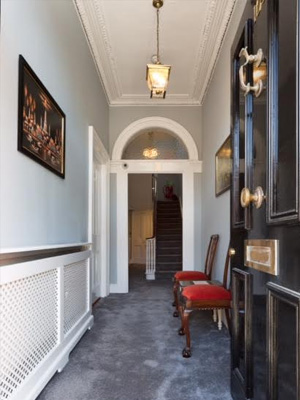Get in Touch
Tel: 01-2892596
Confidentiality and the General Data Protection Regulation (GDPR): You will be provided with a Data Privacy Notice in accordance with the GDPR. The Data Privacy Notice allows for you to give consent and explains the “what”, “why” and “how” of the control and processing of your personal data in accordance with strict confidentiality.
Shared reflection – What is autonomy?
Autonomy encompasses six concepts which are tightly interlinked:
1. Space: Space means mental space, which is a reflective space and a reflexive space. Reflective space means looking at things in hindsight. Reflexive space means looking at, and understanding, things as the experience unfolds. Mental space is also interlinked with physical space.
2. Choice versus duty: Choice needs to come first and duty second. Duty-bound actions are usually driven by fear and guilt, which can be masked by pleasing behaviours. Sometimes a person pleases in order to avoid feeling fearful and / or guilty. Choice should reflect the person’s self-entitlement.
3. Decision-making process: This process has three major elements: formulation, execution and consistency in maintaining the decision. The decision making process should reflect the person’s self-worth.
4. Boundaries: Boundaries need to be permeable, i.e. with pores in the boundaries. Boundaries should not be rigid, tight or isolating, nor should boundaries be dispersed where people can come in and out as they please without the choice and the control of the person.
5. Pace: The pace needs to be the person’s pace, and not driven by other people’s pace. It must be a proactive and interactive pace, not reactive or impulsive. It needs to be a systemic pace, looking at the bigger picture, and not focussed on one issue or detail. An integrated outlook will dictate that person’s pace.
6. Reality-check: This reality-check means that the person does not get stuck in fantasies, assumptions or obsessions, but rather focuses on reality by asking questions and getting more information. The person needs to look at reality from both the positive and negative aspects, not one and the other, and that perspective also leads to an integrated outlook.
© Faris Mutairi M. Med. Sc. (Psychotherapy), Adv. Dip. Supervision, MIACP, MBACP.



